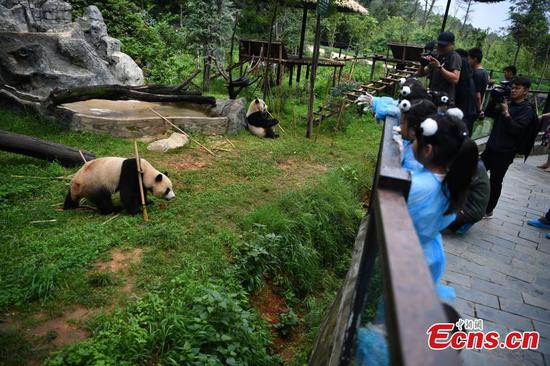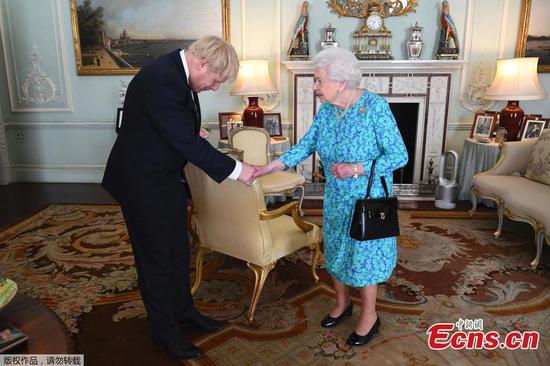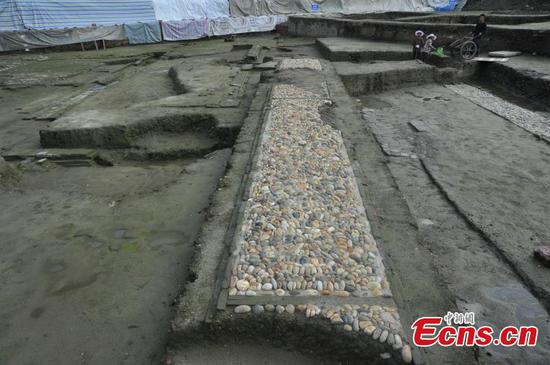China will invest about 40 billion yuan ($5.82 billion) over three years to support the development of a housing rental market in pilot cities, Chinese financial news outlet Yicai Wednesday reported.
Sixteen selected Chinese cities will get 13.4 billion yuan each year as a reward and subsidy for developing the housing rental market and the total amount will reach 40.2 billion yuan in three years, the report said.
About 22 Chinese cities participated in the application process and 16 became pilot cities, gaining financial input to develop the rental market after an evaluation by China's Ministry of Finance and Ministry of Housing and Urban-Rural Development.
Those who won government support are mainly first- and second-tier Chinese cities such as Beijing, Shanghai and South China's Guangzhou and Shenzhen, with strong demand for rental homes and a large population inflow.
Most of the cities are in eastern China, including Nanjing in Jiangsu province, Hangzhou in Zhejiang province, Hefei in Anhui province, Fuzhou and Xiamen in Fujian province, and Ji'nan in Shandong province, the report said.
Other cities among the 16 include Central China's Zhengzhou, Wuhan and Changsha; Northeast China's Changchun; and Southwest China's Chongqing and Chengdu.
The determining factors for a city to get financial support are the number of new rental houses in the city, the number of new residents whose housing rental needs have been met, and the construction of platforms for housing rental information services and supervision.
Statistics showed that to rent a one-bedroom apartment in first-tier cities, one would have to pay more than 60 percent of income, and that percentage amounted to 90 in Beijing, Shanghai and Shenzhen, according to a report on housing rental pressure in 50 Chinese cities by the property information website Zhuge.com.
When sharing an apartment with others, the cost of renting a house would still account for more than 30 percent of income in first-tier Chinese cities, the report said.
The rental income ratio for a one-bedroom apartment surpassed 50 percent in most of the 16 pilot cities, and this was particularly true when graduates flooded into big cities with more job opportunities and policies to attract talent, according to the report.
The government's financial support aims to improve the housing rental consumption environment and accelerate the formation of a framework to encourage both the renting and purchasing of houses.
A healthy property rental market is an essential part of a healthy real estate market and only when the rental market is stable can the property purchasing market remain stable. A stable rental market is expected with the Chinese government's policy support, although some problems exist, said Zhang Dawei, chief analyst of Centaline Property.


















































